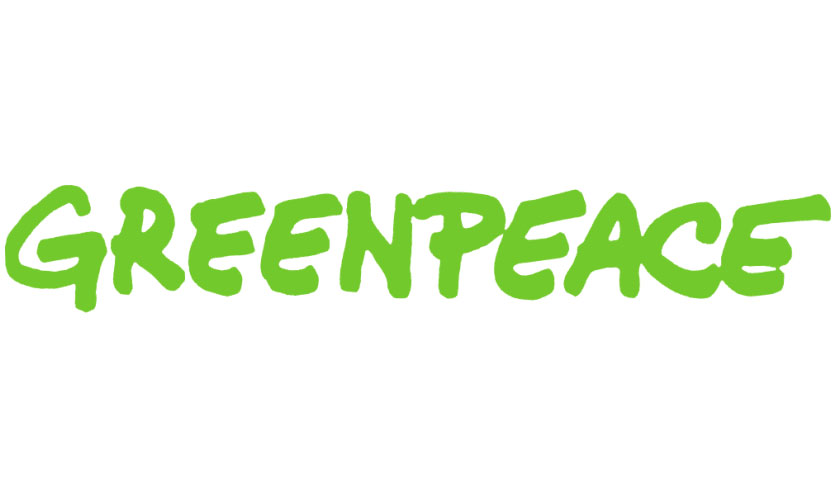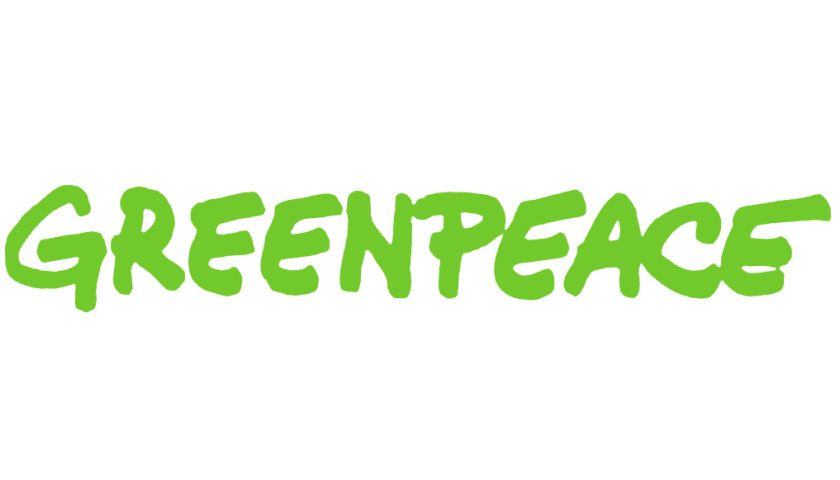The seven biggest European airline groups are failing to take sufficient measures to reduce their CO2 emissions in line with the Paris Agreement, according to a new report commissioned by Greenpeace Central and Eastern Europe. While European airlines would need to reduce at least 2% of flights annually by 2040 to be in line with the 1.5°C climate target, none of the companies analysed has annual reduction goals for its greenhouse gas emissions, has committed to reduce flights, or pledged to fully decarbonise by 2040.
The report concludes that there is little to no substance to the claims made by household names such as Lufthansa, Air France-KLM, IAG (including British Airways and Iberia), Ryanair, easyJet, SAS and TAP Air Portugal that they will cut emissions in the future, as companies mainly rely on false and ineffective solutions such as carbon neutrality, carbon offsetting and so-called sustainable aviation fuels (SAF) to tackle emissions.
Herwig Schuster, spokesperson for Greenpeace’s European Mobility For All campaign, said: “European airlines are putting up a smokescreen of false solutions that sound great, but in effect keep transport hooked on oil, distracting from their staggering emissions, lack of credible climate targets and insufficient measures to combat the impacts of flying. Even in the face of a climate emergency, airlines carry on polluting the air and hide their dirty business behind a wall of greenwashing.
“The European Union and its leaders cannot continue to let the aviation industry get away with their false climate solutions and must bring down emissions, starting with a ban on short-haul flights and a reduction of business flights wherever reasonable train alternatives exist.”
The report revealed that only three of the biggest European airline groups commit to short-term greenhouse gas emission reductions within the next five years. One has pledged to reduce emissions by 25% by 2025 compared to 2005, while two others are even less ambitious. In 2019, the seven biggest European airlines alone were responsible for 170 million tonnes of GHG emissions, equivalent to more than the total annual emissions of Norway, Sweden, Denmark and Finland combined.
While six of the seven companies analysed either rely on so-called Sustainable Aviation Fuel (SAF), or plan to use it to tackle emissions, none has explicitly excluded the use of harmful agrofuels which are linked with environmental destruction, deforestation, human rights abuses, and food shortages. European airlines overemphasise the use of SAF as a tactic to appear green when in fact this accounted for as little as 0.1% or less of the total annual jet fuel consumption of any airline analysed in 2019. Only one airline explicitly says it invests in the development of e-fuels based on renewables.
Greenhouse gas emissions from global aviation have grown by 3.4% annually between 2010 and 2019 according to the recent IPCC report, while they should be dropping rapidly. Without political action to counter its growth prospects, the aviation industry could become one of the biggest emitting sectors globally and by 2050 will have consumed up to a quarter of the global carbon budget for achieving the 1.5°C climate goal.
Against the backdrop of greenwashing and the promotion of false solutions by the aviation and other sectors, Greenpeace, together with more than 30 organisations, is campaigning to legally end fossil advertising and sponsorship in the EU, much like the long-established directive banning tobacco sponsorships and advertisements. If the campaign collects one million verified signatures in a year, the European Commission is obliged to respond to the proposal.

